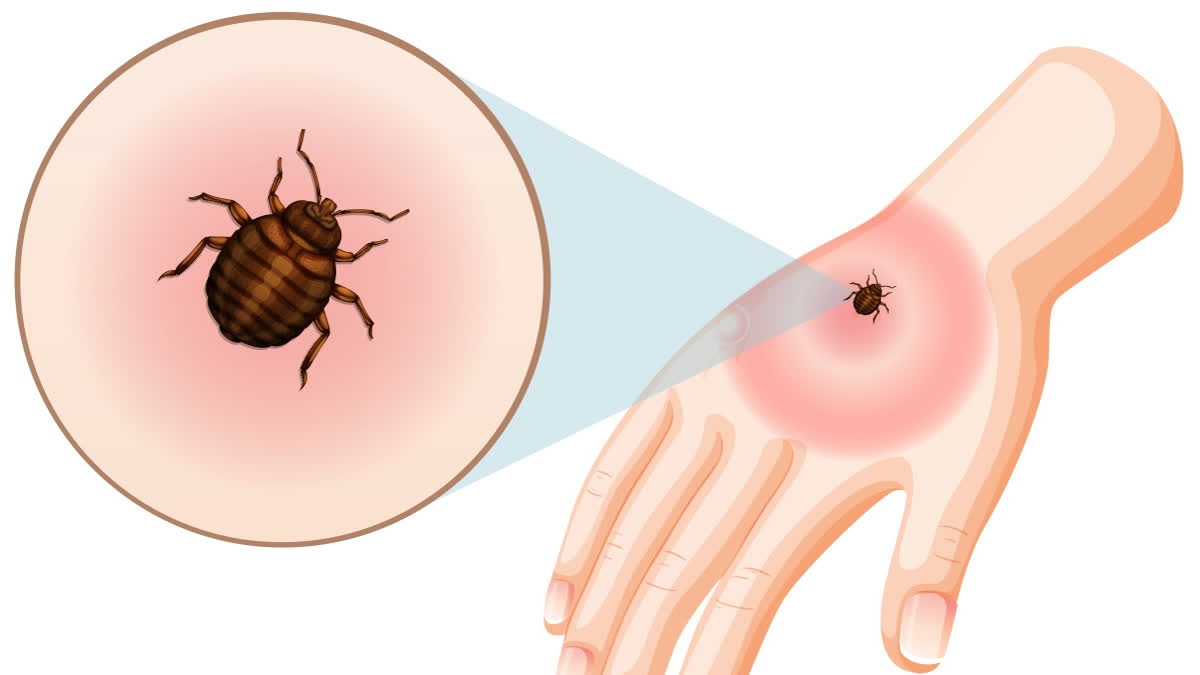Scrub typhus is spreading in Tamil Nadu, with districts like Chennai, Kanchipuram, Tirupattur, Tiruvallur, Chengalpattu, Ranipet, and Vellore reporting a significant number of cases. The Public Health Department has issued an alert and called for measures to control the disease’s spread.
What Is Scrub Typhus?
A bacterial infection caused by Orientia tsutsugamushi, Scrub Typhus is transmitted through the bites of infected larval mites (commonly called chiggers) found in bushy and forested areas. Orientia tsutsugamushi is a bacterium also known as bush typhus. Scrub Typhus can affect people of all ages, particularly those who work or live in environments with dense vegetation.
Why Are Cases Increasing?
The rise in scrub typhus cases in Tamil Nadu may be linked to environmental and climatic factors, which create ideal conditions for chigger populations to thrive.
Symptoms of Scrub Typhus
- Fever
- Headache
- Fatigue
- Rashes
In severe cases, it can lead to complications such as pneumonitis, meningitis, heart failure, and even organ failure.
Diagnosis And Treatment
According to the Public Health Director, Dr. Selvavinayagam, early detection and treatment are crucial. Scrub typhus can be diagnosed using ELISA blood tests and molecular tests. Treatment typically involves antibiotics like azithromycin and doxycycline. Severe cases may require hospitalization and advanced care.
Who Is at Risk?
Certain groups are more vulnerable to scrub typhus, including:
- Farmers and outdoor workers
- Residents of areas with high grass and bush
- Pregnant women
- People with weakened immune systems
Preventive Precautions
Health officials recommend the following preventive measures:
Wear protective clothing: Long-sleeved shirts and pants can help minimize exposure to chiggers.
Use insect repellents: Apply repellents containing DEET or permethrin when spending time outdoors.
Avoid high-risk areas: Stay away from bushy and forested environments when possible.
Maintain hygiene: Regularly wash clothing and bedding to eliminate any chiggers that may have been picked up.
Health officials are urging vigilance as they work to manage the outbreak. If you’ve been in a high-risk area or experience symptoms like fever, fatigue, or rashes, seek immediate medical attention. Early treatment can prevent severe complications.
(With agency inputs)
Sources:
Read more:



